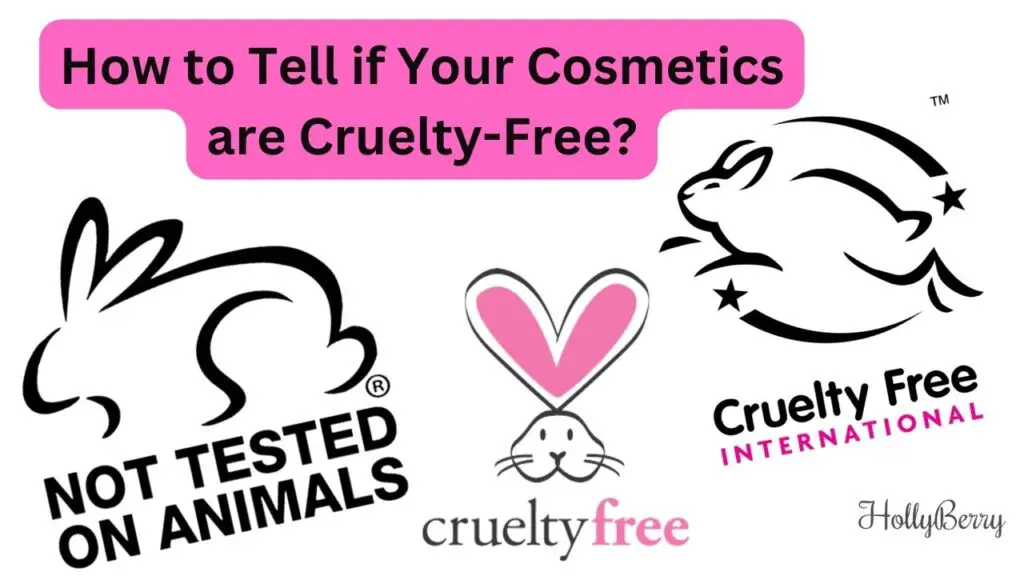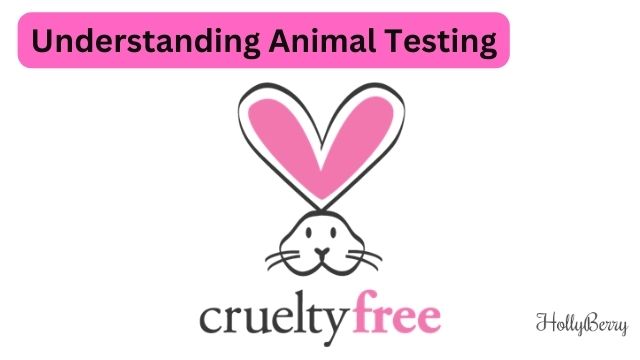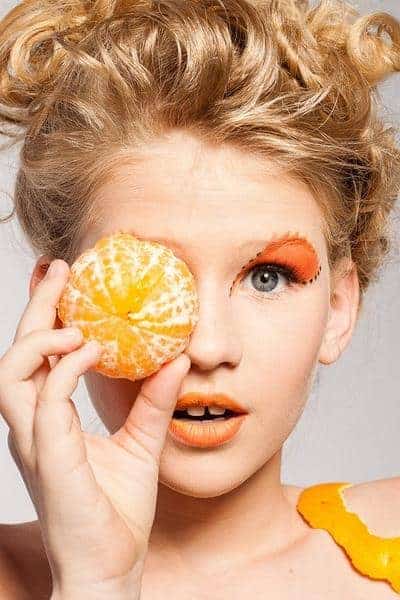Are you concerned about the welfare of animals in the beauty industry? Many consumers are opting for cruelty-free products, but it can be difficult to know which cosmetics are truly cruelty-free.
In this article, we will guide you through the process of determining whether your favorite cosmetics are cruelty-free or not.

Understanding the Definition of Cruelty-Free
Cruelty-free products are those that have not been tested on animals. This means that the products have not been used in experiments or trials that involve the injury or death of animals. Some cosmetics companies test their products on animals in order to determine their safety for human use. However, there are now alternative methods of testing that are available, which do not involve the use of animals.
Look for Cruelty-Free Certifications
One of the easiest ways to determine whether your cosmetics are cruelty-free is to look for certifications. There are several organizations that offer cruelty-free certifications, including PETA, Leaping Bunny, and Choose Cruelty-Free. If a cosmetic company has been certified by one of these organizations, you can be sure that they do not test their products on animals.
Check the Company’s Policy
Another way to determine whether a cosmetic company is cruelty-free is to check its policy. Many companies have a statement on their website that outlines their stance on animal testing.
If the company does not have a clear statement on their website, you can contact them directly and ask about their policy. If the company does not have a cruelty-free policy, it is best to avoid their products.
Avoid Brands that are Owned by Companies that Test on Animals
It is also important to be aware of the parent companies of cosmetic brands. Some cosmetic brands are owned by larger companies that test on animals.
For example, a cruelty-free brand may be owned by a company that tests on animals for other products. To ensure that you are purchasing truly cruelty-free cosmetics, you should check the parent company’s policy on animal testing.
Understanding Animal Testing in the Beauty Industry

Animal testing in the beauty industry has been a controversial issue for many years. Some cosmetics companies believe that animal testing is necessary to ensure the safety of their products for human use.
However, there are many alternative methods of testing that are available that do not involve the use of animals. These methods are often more reliable and cost-effective than traditional animal testing methods.
One alternative method of testing is in vitro testing, which uses human cell cultures instead of animals. Another alternative is computer modelling, which can simulate the way that a product may interact with the human body. Both of these methods provide accurate results without causing harm to animals.
The Impact of Animal Testing on Animals
Animal testing can be extremely harmful to animals. In many cases, animals are subjected to painful and inhumane experiments, which can result in injury or death. These experiments are often conducted on animals such as mice, rats, and rabbits, which are small and easy to handle.
Many people believe that animal testing is cruel and unnecessary and that there are alternative methods of testing that are just as effective. By choosing cruelty-free cosmetics, consumers can make a positive impact on the lives of animals and help to reduce the amount of animal testing in the beauty industry.
Supporting Cruelty-Free Companies
By supporting cruelty-free companies, you can make a difference in the lives of animals and help to drive change in the beauty industry. There are many cruelty-free companies that offer high-quality cosmetics, so you don’t have to sacrifice quality for ethics.
When shopping for cosmetics, look for products that are certified cruelty-free by organizations such as PETA, Leaping Bunny, or Choose Cruelty-Free. These certifications ensure that the products have not been tested on animals and are a great way to support cruelty-free companies.
In conclusion, by understanding the definition of cruelty-free, looking for certifications, checking the company policy, avoiding brands owned by companies that test on animals, and supporting cruelty-free companies, you can make informed choices when it comes to choosing cosmetics that align with your values.
By choosing cruelty-free, you can make a positive impact on the lives of animals and help to drive change in the beauty industry towards a more ethical and humane future. For more information visit https://crueltyfreeinternational.org/
FAQ
Q: What does “cruelty-free” mean in cosmetics?
A: “Cruelty-free” means the cosmetics products and ingredients have not been tested on animals.
Q: Are all cruelty-free cosmetics vegan?
A: No, all cruelty-free cosmetics may not be vegan. Cruelty-free means the product is not tested on animals, while vegan means the product does not contain any animal-derived ingredients.
Q: What are some popular cruelty-free cosmetic brands?
A: Some popular cruelty-free cosmetic brands are Lush, The Body Shop, B cruelty-free, Too Faced, and e.l.f. cosmetics.
Q: Is it difficult to find cruelty-free cosmetics?
A: No, it is not difficult to find cruelty-free cosmetics. There are many cruelty-free brands and products available, and the demand for cruelty-free products is increasing, making them more widely available.
Q: Is it possible for a brand to be cruelty-free, but still sell its products in countries where animal testing is required by law?
A: Yes, it is possible. Some cruelty-free brands may sell their products in countries where animal testing is required by law, but they ensure that their products are not tested on animals by their suppliers or by the brands themselves.


